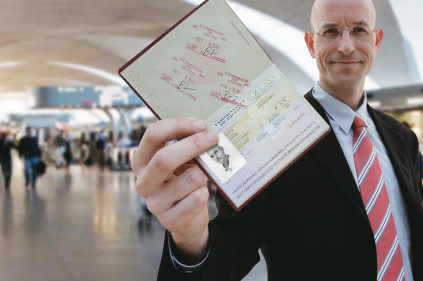EU and non-EU nationals
Depending on your nationality and the intended length of your stay, you might need a visa for entering the Czech Republic. With the Czech Republic’s accession to the EU on May 1st 2004, EU nationals are allowed to enter the country using only their ID – no passport is needed anymore. All other nationals need to acquire a visa before coming to the Czech Republic. Although Transit Visas are usually given out on the same day, the general application process may be very time-consuming. It is worth to be noted that all foreigners visiting the Czech Republic need to provide proof of their health insurance.
There are two types of visas:
- Short-stay visas (for up to 90 days stays).
- Long-stay visas.
Short-stay visas (for up to 90 days stays)
These visas include:
- Transit Visa. It is issued to people who just want to travel through the Czech Republic. This type of visa allows you to stay in the country for a maximum of five days and is valid for 180 days.
- Tourist visa. Depending on the purpose of the trip, the visa is issued for a single, or for multiple entries into the Czech Republic. However, the total number of days may not be more than 90.
- Work visa. It is offered for persons who want to work in the Czech Republic for longer than 90 days. It may be issued as a single or multiple entry visas.
Long-stay visas
If you want to stay in the Czech Republic for more than 90 days, you will have to apply for this type of visa. Applicants for a long-stay visa are personally required to submit the application form together with other required documents to a Czech diplomatic mission. Long-stay visas are available for employees, students as well as for business and self-employed people. Every visa, regardless of its purpose, is issued for a period of one year. To renew your visa you need to apply three months before the expiry date of the visa. The latest date for a renewal is 14 days before the expiry date.



Comments to "Who needs a visa for the Czech Republic?"